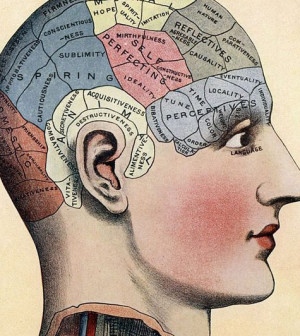- Are You Making This Expensive Thermostat Error This Winter?
- Recognizing the Signs of Hypothyroidism
- 10 Strategies to Overcome Insomnia
- Could Artificial Sweeteners Be Aging the Brain Faster?
- Techniques for Soothing Your Nervous System
- Does the Water in Your House Smell Funny? Here’s Why
- Can a Daily Dose of Apple Cider Vinegar Actually Aid Weight Loss?
- 6 Health Beverages That Can Actually Spike Your Blood Sugar
- Treatment Options for Social Anxiety Disorder
- Understanding the Connection Between Anxiety and Depression
Kids’ Concussions Defined by Where They Live, Study Finds


City kids are more likely to suffer concussions playing sports while children in rural areas tend to sustain these head injuries while using dirt bikes and other motorized vehicles, a new Canadian study finds.
Hockey accounted for 40 percent of the sports-related concussions among city youth, according to the researchers at the University of Western Ontario.
Their findings are from an analysis of data from more than 2,100 patients younger than 18 who were treated for concussion at a London, Ontario, hospital over six years. The study was published in the March issue of the Journal of Trauma and Acute Care Surgery.
“It was important for us to learn about who is getting injured, where they’re getting injured and why they’re getting injured,” said Dr. Douglas Fraser, an associate professor in the departments of pediatrics, physiology and pharmacology and clinical neurological sciences.
“Once you answer those questions, then you can implement targeted injury prevention programs,” Fraser said in a university news release.
Concussions in children and teens trigger special concern because their brains are still developing, and they are more vulnerable to the effects of a head injury, the researchers said.
The researchers’ next step is to develop concussion prevention programs for educating youngsters at high risk for this type of injury.
Fraser outlined what to look for in a child or teen who has taken a hit to the head.
“Watch the person carefully. In young children, look for symptoms like irritability or an inability to console the child. If the caregiver has any concerns at all; if a person has any symptoms whatsoever in conjunction with an injury, they should immediately go and be seen by a doctor. Better safe than sorry, so be seen,” he said.
More information
The U.S. Centers for Disease Control and Prevention has more about concussion.
Source: HealthDay
Copyright © 2026 HealthDay. All rights reserved.










